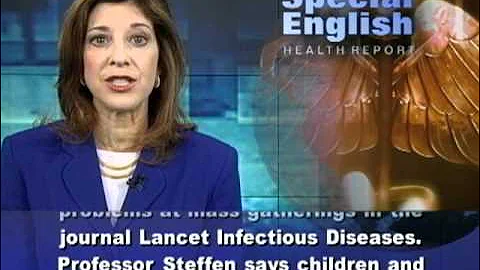When there is damage or disease in the brain area related to language function, patients may face a rapid decline in communication-related abilities. They may no longer blurt out a paragraph of text as before, or they may not be able to remember a certain word. How to say.
And because of this special pathological symptom, they are called aphasics.

Image source: 123RF
In their world, pronunciation, vocabulary, and grammar have lost their original appearance , simple speaking has also become an obstacle, and normal language functions have truly been lost.
But their abnormal language abilities have now allowed scientists to re-understand the mechanism of the brain encoding sentences.
With the help of aphasia patients, new research in " Proceedings of the National Academy of Sciences " found that humans maintain a delicate balance of complex words and complex grammar in language output.

Due to different damaged brain areas, some patients with aphasia may have difficulty processing words, while others may have difficulty processing grammar. According to research on their analysis, former will tend to use complex sentences to describe a word rather than replacing it with another word. The latter will choose more precise words to avoid having to go around with syntax.
For example, when a patient does not know how to say "sailing boat", he will choose to say complex sentences to describe it. Some people will say "something that floats on water and can be blown away by the wind."
And new The researchers built a set of methods specifically to detect the complexity of grammar and words. They set up a special family picnic scene for patients with aphasia. They were asked to try to describe some of the questions the study asked about the pictures, and the study then analyzed the degree to which they switched in complexity between words and grammar.
Compared with patients with aphasia, healthy volunteers can handle the conversion process between complex words and complex grammar . Healthy people will choose the most suitable description method for a certain scene, and they will respond to specific questions. to decide whether to answer with single words or complex sentences.

Image source: 123RF
But patients with aphasia often can only choose one of the methods.
But both healthy and aphasic volunteers showed similar language processing, If the grammar of a sentence is complex enough, the words in the middle will be simple. Once a complex word appears in a sentence, everyone will use a very simple grammar to describe it .
"By studying people with aphasia, we have identified a fundamental feature of language production, which is maintaining a balance of complexity between words and grammar," said Dr. Neguine Rezaii, one of the study authors.
He also pointed out that although patients with aphasia lose some language ability due to damage to certain brain areas, they can bypass this damaged brain area and find other alternative ways to describe.
Of course, researchers have also raised a possibility for these phenomena, that is, the way the brain processes it makes it difficult for us to construct a sentence with complex grammar and vocabulary at the same time.
The complex neural mechanism behind aphasia is also a direction that researchers want to further explore in the future.
Reference:
[1] New research reveals tradeoff between complex words and complex grammar in sentences. Retrieved June 21, 2022 from https://medicalxpress.com/news/2022-06-reveals-tradeoff-complex-words-grammar .html
[2] Neguine Rezaii et al, A syntax–lexicon trade-off in language production, Proceedings of the National Academy of Sciences (2022). DOI: 10.1073/pnas.2120203119





















